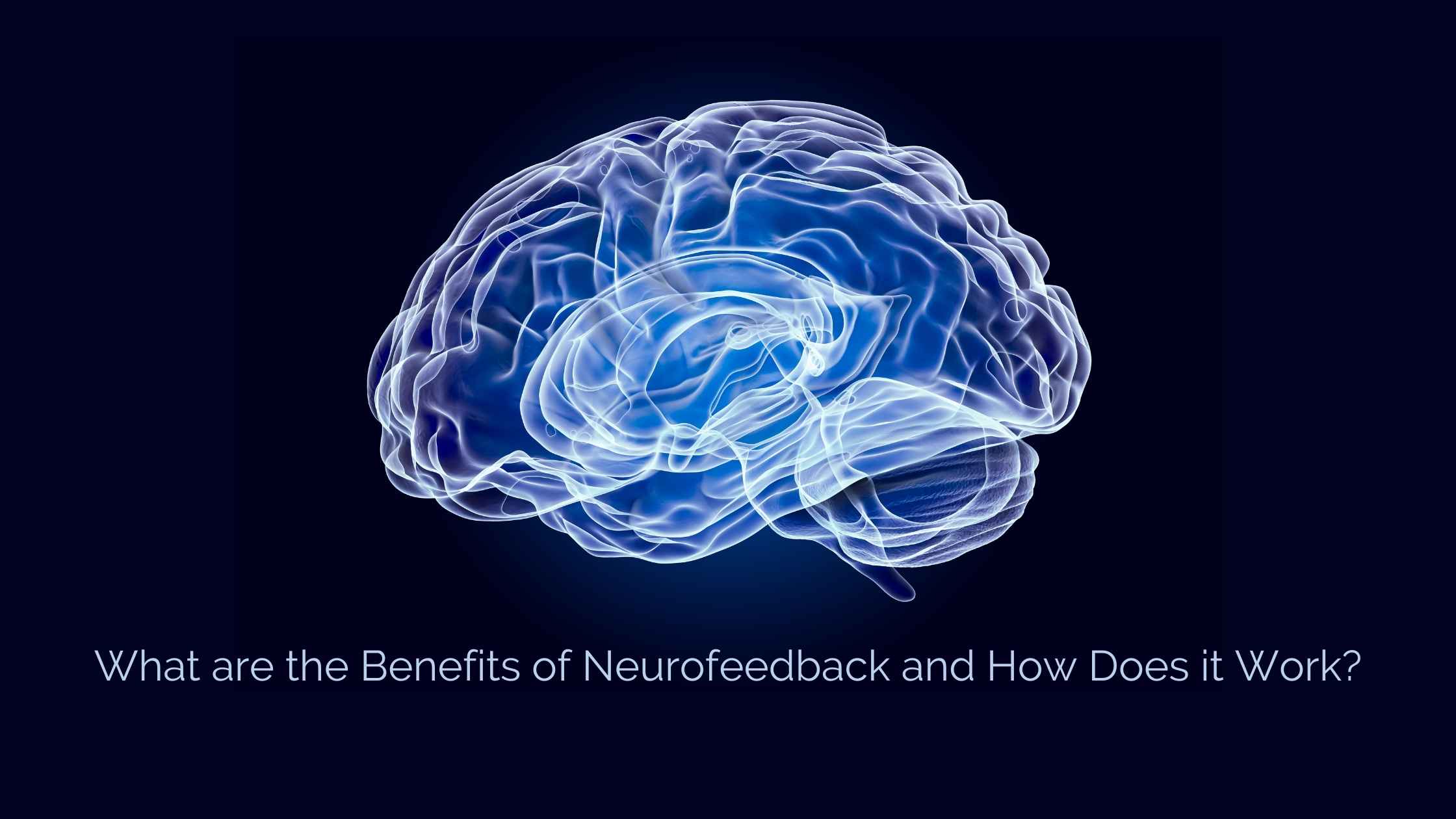Revealing the Secrets of the Mind Through qEEG Cerebral Mapping in Psychological Wellness Assessment
Revealing the Secrets of the Mind Through qEEG Cerebral Mapping in Psychological Wellness Assessment
Blog Article
Understanding the individual mind is a complex task, especially when it comes to mental health. Conventional approaches of assessment often rely on conversations and surveys, which can occasionally miss important details about how the brain operates. This is where qEEG brainwave analysis, or qEEG, comes into play. qEEG is a specialized method that assesses electrical activity in the brain. By examining these neural patterns, psychological health experts can obtain valuable insights into a person's psychological condition, helping to improve assessment and intervention.
qEEG functions by applying small sensors on the head to capture neural signals. These sensors measure neural signals produced by neurons, the units in the cerebrum that communicate with each other. The data collected is then processed and displayed as a series of patterns. Each kind of brainwave—such as alpha, β, δ, and theta—corresponds to various psychological states and activities. For instance, alpha oscillations are commonly associated with relaxation, while β waves are linked to engaged thinking and problem-solving. By analyzing these trends, healthcare providers can detect irregularities that may suggest psychological health issues.
One of the significant advantages of qEEG is its capability to offer unbiased data. Unlike traditional assessments that rely on personal reports from clients, qEEG offers a clear picture of neural function. This objectivity can assist minimize prejudices in assessment and lead to more accurate treatment plans. For instance, if a client is facing stress, qEEG can show specific patterns of brain activity that are associated with stress conditions. This data enables psychological health experts to customize treatments more effectively, whether through therapy, medication, or other approaches.
Additionally, qEEG can be particularly useful in monitoring treatment progress. By conducting qEEG assessments at various stages during treatment, healthcare providers can monitor variations in neural function over period. This continuous assessment assists ascertain if a intervention is working or if adjustments are required. For instance, if a client is not reacting to a particular medication, qEEG may indicate that their neural function has not altered in a manner that suggests progress. This response cycle can result to more customized and efficient psychological health treatment.
In summary, qEEG cerebral mapping is a potent instrument in the domain of psychological health evaluation. By offering unbiased information about neural function, it improves the comprehension of various mental health conditions. This technique not only assists in accurate diagnosis but also helps in monitoring treatment success. As psychological health professionals continue to explore the potential of qEEG, it holds find out this here potential for enhancing the well-being of people dealing with psychological health issues. With continuous investigation and progress in techniques, the mysteries of the brain may turn more apparent, leading to better outcomes for those in need of support.